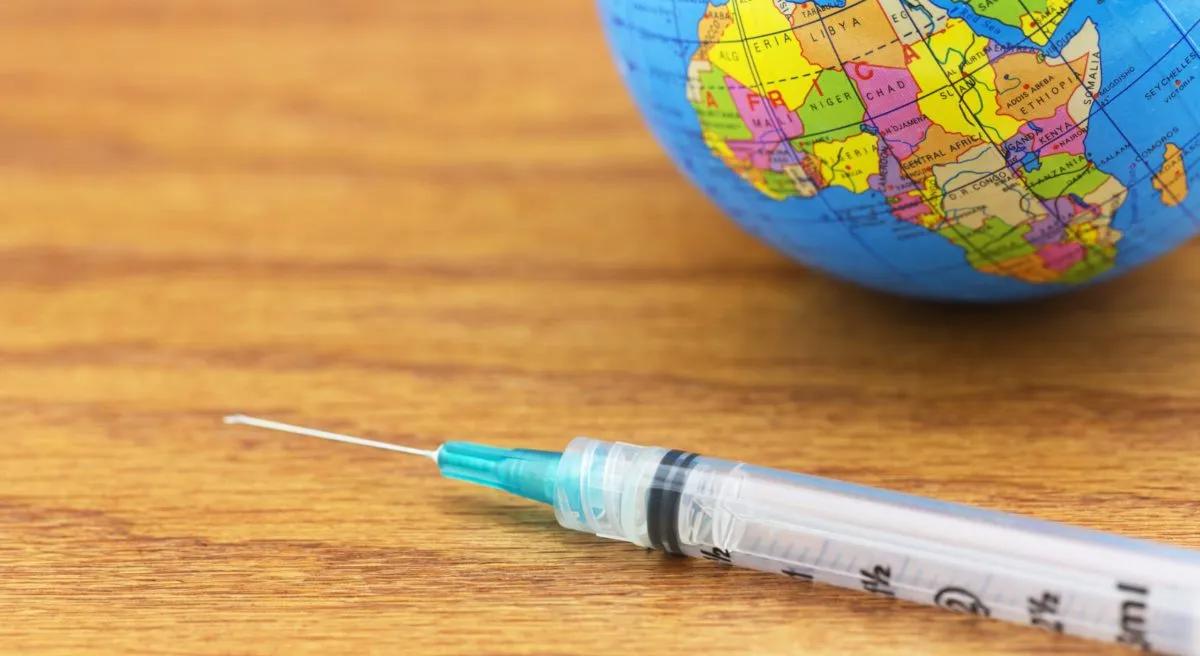Decolonizing the Pandemic Treaty Through Vaccine Equity
In recent years, there have been growing calls to “decolonize” the field of global health. Global health traces its roots back to colonial medicine when old empires sought to address tropical diseases which, if not controlled, could be brought by colonizers back home.
Today, many countries in the Global South may have already been liberated from their colonizers, but the colonial behavior of global health continues to manifest in policies, funding, research, and operations.
Unlike the tropical diseases of the past, SARS-CoV-2 has affected rich and poor countries alike, but the tools for putting this pandemic under control — most notably vaccines — remain unevenly distributed across the world. As of October 27, 2021, 63.5% of individuals in high-income countries have been vaccinated with at least one shot of the COVID-19 vaccine. Meanwhile, in low-income countries, only 4.8% of the population has been vaccinated with at least one dose.
To make sure that COVID-19 is the last pandemic of its kind, the international community is considering the creation of a new pandemic treaty. The goal of such a legal instrument is to enhance the world’s capacity to predict, prevent, detect, assess, and respond to future disease outbreaks.
This treaty cannot become another agent of the perpetuation of global health’s coloniality. One of the ways to “decolonize” the treaty is to ensure that vaccine equity is at its very core.
There is still an opportunity to achieve vaccine equity for this current crisis, but cementing it in a pandemic treaty will ensure that this goal remains should another pandemic emerge in the future.
Promoting vaccine equity between and within countries
Vaccine inequity is occurring between and within countries during the COVID-19 pandemic. A future pandemic treaty must ensure this does not happen again.
In order to ensure vaccine equity globally, actions must be taken through international cooperation and assistance. A statement of the UN Committee on Economic, Social, and Cultural Rights emphasizes this imperative. International cooperation with respect to vaccines is vital because many low- and middle-income countries (LMICs) do not have the financial resources to guarantee the vaccination of their population. According to the United Nations Development Program (UNDP), low-income countries have to increase their health care spending by around 56% to afford to immunize 70% of their citizens.
To ensure that vaccine equity exists not only between countries, but also within them, it is crucial to uphold the principle of non-discrimination. As noted by the UN Special Rapporteurs on the human rights of migrants and on the right to health:
“In times of crisis, the focus should be given to international solidarity, equality, and inclusiveness. We call on world leaders to refrain from discriminatory discourses that may lead to the exclusion of certain groups (…). The prioritization of vaccines within countries should include all those who qualify under a priority group, regardless of who they are.”
This article was published in Harvard Law - Bill of Health. Read More here.




